Key Takeaways for The Benefits of Probiotics for Dogs
- Probiotics support your dog's digestive health by balancing gut bacteria, which can reduce issues like diarrhoea and constipation.
- Studies show that specific probiotic strains like Lactobacillus and Bifidobacterium provide immune system support for dogs while reducing inflammation.
- Probiotics are particularly beneficial after antibiotic treatment, during stressful situations, and for dogs with chronic digestive issues.
- Dog-specific probiotics are more effective than human formulations as they're designed for your pet's unique microbiome.
- Beyond digestive health, probiotics can improve your dog's skin conditions, anxiety levels, and even help prevent urinary tract infections.
Why Your Dog's Gut Health Matters More Than You Think
Your dog's gut is much more than just a food processor. It's the headquarters of their overall wellbeing, housing 70% of their immune system. When your furry friend's digestive system is balanced, everything from their energy levels to their mood improves. But when things go wrong in the gut, the effects can ripple throughout their entire body, manifesting as skin issues, behavioural changes, and chronic health problems.
The canine digestive tract contains billions of microorganisms that form a complex ecosystem called the microbiome. This internal environment plays a crucial role in breaking down food, absorbing nutrients, and fighting off harmful bacteria. Think of it as your dog's internal defence system – when it's strong, your dog thrives; when it's compromised, health issues follow.
Recent veterinary research has established clear connections between gut health and numerous aspects of canine wellbeing that might surprise you. From allergies and joint inflammation to anxiety behaviours and even cognitive function, your dog's gut bacteria influence far more than just digestion. That's where probiotics come in – these beneficial bacteria can help restore balance to your dog's internal ecosystem when it's been disrupted by stress, illness, or medications.
What Are Probiotics and How Do They Work in Dogs?
Probiotics are live beneficial microorganisms that, when administered in adequate amounts, provide health benefits to your dog. These "good bacteria" work by colonising the gut and creating an environment that supports proper digestion while keeping harmful bacteria in check. For dogs, probiotics function much like they do in humans – they help maintain intestinal balance, though the specific strains that benefit dogs differ from those ideal for people.
Probiotics for dogs
When your dog consumes probiotics, these friendly microbes travel through the digestive system and attach to the intestinal walls. There, they produce substances that lower the pH of the gut, making it difficult for pathogenic bacteria to thrive. They also compete for resources and attachment sites, effectively crowding out unwanted microorganisms that could cause harm. Additionally, probiotics help break down food and enhance nutrient absorption, ensuring your dog gets the most from their diet.
The balancing act performed by probiotics in your dog's gut directly supports their immune system. About 70-80% of immune cells reside in the digestive tract, and the beneficial bacteria communicate with these cells to help regulate immune responses. This interaction can reduce inappropriate inflammatory reactions while supporting proper responses to genuine threats, leading to a more balanced immune system overall.
The Science Behind Your Dog's Microbiome
Your dog's microbiome is a bustling metropolis of microorganisms, primarily comprised of bacteria but also including fungi, viruses, and other microscopic life forms. This complex ecosystem contains hundreds of different species, with research from veterinary studies showing that a healthy canine gut typically hosts diverse populations dominated by beneficial bacteria from families like Firmicutes and Bacteroidetes. Diversity is key – dogs with varied microbial populations tend to have stronger immune systems and better overall health.
Environmental factors significantly influence your dog's microbiome. Their diet, exposure to different environments, interaction with other animals, and even the cleaning products you use in your home all shape which bacteria thrive in their gut. Studies using 16S rRNA gene sequencing have revealed that dogs with imbalanced microbiomes (a condition called dysbiosis) often suffer from chronic digestive issues, skin problems, and increased susceptibility to infections.
Veterinary research has found fascinating connections between your dog's brain and gut, often referred to as the "gut-brain axis." The microbes in your dog's digestive system produce neurotransmitters and other compounds that can influence mood and behaviour. This explains why dogs with digestive upset often display changes in temperament, and why addressing gut health with probiotics can sometimes help with anxiety-related behaviours. The microbiome essentially forms a communication highway between gut function and brain activity, highlighting why digestive health matters for your dog's mental wellbeing, too.
Common Beneficial Bacteria Strains for Dogs
When it comes to canine probiotics, not all bacterial strains offer the same benefits. Lactobaillus species, particularly L. acidophilus and L. casei, are among the most well-researched for dogs. These bacteria help maintain a healthy gut environment by producing lactic acid, which lowers intestinal pH and creates conditions unfavourable to harmful bacteria. They are particularly effective in reducing diarrhoea episodes and improving stool consistency in clinical studies with dogs. Many dog probiotic pastes contain probiotics for dogs.
Probiotic paste for dogs and cats benefits
Bifidobacterium species, including B. animalis and B. longum, represent another important group of probiotic bacteria for dogs. These microorganisms specialise in breaking down complex carbohydrates in the large intestine and producing short-chain fatty acids that nourish the cells lining your dog's colon. Veterinary research has demonstrated their effectiveness in reducing inflammatory markers in dogs with digestive issues and enhancing overall gut brain function.
Enterococcus faecium is a probiotic strain isolated explicitly from healthy dogs and has shown promise in supporting canine immune function. This species helps regulate immune responses and has been found to reduce the duration of acute diarrhoea in dogs. It's often included in high-quality canine probiotic formulations because of its ability to survive the journey through the acidic stomach environment. For optimal results, look for products containing multiple strains of these beneficial bacteria, as they work synergistically to support different aspects of your dog's digestive and immune health.
Prebiotics vs. Probiotics: What's the Difference?
While probiotics are the beneficial bacteria themselves, prebiotics serve as their food source. Think of prebiotics as fertiliser for your garden of good gut bacteria – they're non-digestible fibre compounds that pass through the upper part of the gastrointestinal tract and stimulate the growth and activity of beneficial microorganisms in the large intestine. Common prebiotics include inulin, fructooligosaccharides (FOS), and mannanoligosaccharides (MOS), which are found in ingredients like chicory root, Jerusalem artichoke, and certain fruits.
The relationship between prebiotics and probiotics creates what nutritionists call a symbiotic effect – they work better together than either does alone. When your dog consumes prebiotics, these compounds selectively feed the beneficial bacteria, giving them a competitive advantage over harmful microbes. This selective nourishment helps establish a healthier bacterial balance in the gut. Many veterinary-formulated supplements now contain both probiotics and prebiotics to maximise benefits, often labelled as "symbiotic."
"The combination of prebiotics and probiotics creates an optimal environment for beneficial bacteria to thrive in your dog's digestive system. This symbiotic approach has been shown to enhance colonisation of probiotic strains and improve their survival rates, making the supplements more effective overall." - Veterinary Microbiome Research.
Understanding this distinction helps explain why simply giving your dog probiotics without ensuring they have the proper fuel (prebiotics) may limit the potential benefits. For optimal gut health, consider supplements or foods that contain both components. This approach supports not only the introduced beneficial bacteria but also feeds the existing helpful microbes already present in your dog's digestive system.
7 Major Health Benefits of Probiotics for Dogs
Probiotics offer a remarkable range of health benefits that extend far beyond basic digestion. As natural health enhancers, these beneficial bacteria work on multiple systems throughout your dog's body simultaneously. The science behind these benefits has strengthened significantly in recent years, with veterinary research confirming what many holistic practitioners have long observed in clinical practice.
Each benefit stems from the fundamental role probiotics play in balancing your dog's internal ecosystem. Rather than simply treating symptoms, probiotics address underlying imbalances that contribute to various health issues. This approach aligns perfectly with the principles of natural healing—supporting the body's innate ability to maintain health rather than merely suppressing symptoms.
1. Improved Digestion and Reduced Diarrhoea
The most immediate and noticeable benefit of probiotics is their positive impact on digestive function. When beneficial bacteria populate your dog's intestines in optimal numbers, they create an environment that supports efficient digestion and proper stool formation. These microorganisms help break down proteins, carbohydrates, and fats while producing enzymes that aid in nutrient absorption. Dogs with balanced gut flora typically experience fewer episodes of gas, bloating, and irregular bowel movements.
Multiple clinical studies have demonstrated the effectiveness of probiotics in addressing acute diarrhoea in dogs. One notable study published in the Journal of Veterinary Internal Medicine found that dogs receiving a specific probiotic blend recovered from acute diarrhoea an average of 1.3 days faster than those receiving a placebo. The mechanism behind this improvement involves several factors: probiotics compete with pathogenic bacteria, strengthen the intestinal barrier, and normalise gut motility.
For dogs with chronic digestive issues, consistent probiotic supplementation can lead to life-changing improvements. Many pet parents report significant reductions in symptoms like recurring soft stools, mucus in faeces, and digestive discomfort after establishing a regular probiotic routine. The key lies in consistency—the beneficial effects build over time as the microbiome stabilises and strengthens.
2. Stronger Immune System Function
With approximately 70% of your dog's immune system residing in their gut, the connection between probiotics and immune health becomes clear. Beneficial bacteria directly communicate with immune cells in the intestinal lining, helping to calibrate immune responses properly. This training affects your dog's body to respond appropriately to genuine threats while reducing overreactions to harmless substances.
Research has shown that specific probiotic strains can increase the production of immunoglobulins—specialised proteins that function as antibodies to identify and neutralise harmful pathogens. Dogs receiving regular probiotics often show improved resistance to common infections and recover more quickly when illness does occur. This protective effect is particularly valuable for puppies, senior dogs, and those with naturally compromised immunity.
Beyond fighting infections, a probiotic-supported immune system helps regulate inflammatory responses throughout the body. Chronic low-grade inflammation contributes to numerous health issues in dogs, from joint pain to allergic reactions. By modulating this inflammatory response, probiotics contribute to whole-body wellness in ways that extend far beyond the digestive tract.
3. Allergy Relief and Skin Health
The connection between gut health and skin conditions has become increasingly apparent in veterinary medicine. Many dogs suffering from chronic itching, hot spots, or recurring ear infections experiences significant relief when their gut microbiome is balanced with appropriate probiotics. This gut-skin axis works through multiple pathways, including immune regulation and improved barrier function in both intestinal and skin tissues.
Allergic reactions often stem from an overactive immune response, which can be moderated through probiotic use. Research has shown that certain probiotic strains help reduce the release of histamine and other inflammatory compounds involved in allergic reactions. For dogs with food sensitivities, probiotics help strengthen the intestinal barrier, preventing partially digested food particles from triggering immune responses.
Many pet owners report noticeable improvements in their dog's coat quality after starting probiotics. Healthier digestion leads to better nutrient absorption, providing the building blocks for strong, shiny fur and resilient skin. Additionally, the anti-inflammatory effects of beneficial bacteria can reduce redness, flaking, and irritation on the skin surface. For optimal results with skin issues, look for probiotic formulations that include strains specifically studied for dermatological benefits.
4. Reduced Anxiety and Calmer Behaviour
The gut-brain connection in dogs mirrors what researchers have discovered in humans—the state of your dog's digestive system directly influences their mental wellbeing. Beneficial gut bacteria produce neurotransmitters like serotonin and GABA that affect mood regulation and stress responses. In fact, over 90% of the body's serotonin—often called the "happiness hormone"—is produced in the gut, highlighting the importance of digestive health for emotional balance.
Clinical observations suggest that dogs with balanced gut flora often display calmer behaviour patterns and greater resilience to stressful situations. While not a replacement for behavioural training, probiotics can serve as a valuable complementary approach for dogs dealing with anxiety, excessive barking, or stress-related behaviours. The effect builds gradually as the microbiome stabilises, with many pet parents noticing improvements within 3-6 weeks of consistent supplementation.
For dogs with severe anxiety issues, combining probiotic therapy with appropriate behavioural modifications often yields the best results. The physiological support provided by improved gut function creates a foundation for successful training by reducing the physical manifestations of stress. This holistic approach addresses both the psychological and biological aspects of anxiety, providing more comprehensive relief than either strategy alone.
5. Prevention of Urinary Tract Infections
While most discussions of probiotics focus on intestinal health, their benefits extend to the urinary system as well. The beneficial bacteria help maintain proper pH balance in your dog's urinary tract and create an environment inhospitable to pathogenic bacteria. This protective effect is significant for female dogs, who naturally experience higher rates of urinary tract infections due to their shorter urethras.
Certain probiotic strains, particularly those from the Lactobacillus family, have been shown to help prevent the adherence of harmful bacteria to the urinary tract lining. By colonising these areas with beneficial organisms, probiotics create a competitive environment where pathogens struggle to establish themselves. This natural approach to urinary health aligns perfectly with holistic care principles by strengthening the body's defences rather than relying solely on antibiotics after infections occur.
For dogs with recurring urinary issues, combining probiotics with other supportive measures like increased water intake and appropriate diet modifications offers a comprehensive prevention strategy. Many veterinarians now recommend this approach as part of a maintenance plan for dogs with histories of urinary tract problems, highlighting the growing recognition of probiotics' value beyond digestive health.
6. Post-Antibiotic Recovery Support
Antibiotics, while sometimes necessary, can devastate your dog's beneficial gut bacteria alongside the harmful ones they target. This collateral damage often leads to digestive disturbances, decreased immunity, and susceptibility to secondary infections. Probiotics serve as a crucial recovery tool by repopulating the gut with beneficial organisms and accelerating the restoration of microbial balance.
Research has demonstrated that dogs receiving probiotics during and after antibiotic treatment experience fewer side effects, such as diarrhoea and digestive upset. The protective mechanism appears to involve both direct replacement of beneficial bacteria and creation of an environment that facilitates faster recovery of the native microbiome. For maximum benefit, probiotic supplementation should continue for at least two weeks after completing an antibiotic course.
This application of probiotics represents one of their most widely accepted and scientifically validated uses in veterinary medicine. Even conventional veterinarians who may be sceptical about other applications typically acknowledge the value of probiotic therapy following antibiotic treatment. This post-antibiotic support helps prevent the cycle of recurring infections that many dogs experience when their gut flora remains compromised after treatment.
7. Better Nutrient Absorption
A balanced microbiome significantly enhances your dog's ability to extract and use nutrients from their food. Beneficial bacteria produce enzymes that break down complex components in the diet, making nutrients more bioavailable. This improved digestive efficiency means your dog gets more nutritional value from each meal, supporting overall health and reducing food requirements. For more information on how probiotics can aid your dog's health, you can read what you need to know about probiotics for dogs.
Specifically, probiotics assist in the absorption of crucial vitamins and minerals, including B vitamins, calcium, iron, and magnesium. They also help produce short-chain fatty acids that nourish the cells lining the intestinal wall, improving overall digestive function. For dogs with naturally sensitive digestion or those recovering from illness, this enhanced nutrient extraction can make a substantial difference in recovery rates and overall vitality.
Perhaps most importantly, some probiotic strains help break down components in the diet that might otherwise cause sensitivity reactions. By partially digesting specific proteins and carbohydrates before they can trigger immune responses, these beneficial bacteria help dogs tolerate a broader range of ingredients. This digestive support can be particularly valuable for dogs with limited diet options due to food sensitivities.
When Your Dog Needs Probiotics Most
While probiotics offer benefits for most dogs, certain situations call for their use more urgently than others. Recognising these critical moments can help you provide timely support for your dog's microbiome when it matters most. These beneficial bacteria become particularly valuable during periods when your dog's natural gut flora faces significant challenges or disruption.
Use JP's Natural Dog Fibre with Probiotics
The effectiveness of probiotics often depends on timing - introducing these beneficial microorganisms at the right moment can dramatically improve outcomes for your dog. By understanding when your dog's gut health is most vulnerable, you can take proactive steps to maintain their microbiome balance and prevent more serious health issues from developing.
After Antibiotic Treatment
Antibiotics represent one of the most common and significant disruptions to your dog's gut health. While these medications eliminate harmful bacteria causing infections, they simultaneously devastate beneficial microorganisms throughout the digestive tract. This indiscriminate action often leads to digestive upset, with studies showing that up to 30% of dogs experience diarrhoea during antibiotic treatment. Starting probiotics concurrently with antibiotics (administered at various times of day) helps maintain a base population of beneficial bacteria.
The post-antibiotic recovery period is critical for restoring gut health. Research indicates that without intervention, a dog's microbiome may take months to fully recover from a course of antibiotics, leaving them vulnerable to secondary infections and digestive issues. Continuing probiotics for at least 2-4 weeks after completing antibiotics helps accelerate this recovery process and restores healthy bacterial populations more quickly.
For dogs who require frequent or long-term antibiotic therapy due to chronic conditions, ongoing probiotic supplementation becomes even more essential. These cases require meticulous attention to maintaining gut health, as repeated courses of antibiotics can lead to increasingly resistant strains of harmful bacteria while progressively weakening beneficial populations. Working with your veterinarian to establish an appropriate probiotic protocol can significantly improve your dog's quality of life during necessary antibiotic treatment.
During Times of Stress or Travel
Stress profoundly impacts your dog's digestive system through what scientists call the gut-brain axis. When dogs experience anxiety or significant life changes, their bodies release stress hormones that alter gut motility, secretions, and the microbiome itself. Everyday stressors include boarding, moving to a new home, adding new family members (human or animal), or changes in routine. Providing probiotics during these transitions can help maintain digestive balance and support immune function when your dog is most vulnerable.
Travel presents particular challenges to canine gut health. The combination of disrupted routines, unfamiliar environments, different water sources, and the physical stress of transportation can quickly unbalance the microbiome. Many dog owners report digestive upset as one of the most common travel-related issues. Starting probiotics 3-5 days before travel and continuing throughout the journey helps strengthen gut resilience and reduces the likelihood of digestive disruptions.
Holiday periods often combine multiple stressors - visitors in the home, schedule changes, and sometimes dietary indiscretions as dogs receive unusual treats or access table scraps. This perfect storm frequently leads to the "holiday diarrhoea" many pet owners have experienced. Proactive use of probiotics during these high-stress periods serves as preventative care rather than waiting for problems to develop. The protective effects help your dog maintain normal digestion even when their environment becomes less predictable.
For Chronic Digestive Issues
Dogs with inflammatory bowel disease (IBD), food sensitivities, or other chronic digestive conditions often benefit significantly from long-term probiotic therapy. These conditions typically involve ongoing inflammation and imbalances in the gut microbiome that contribute to symptoms. Clinical studies have demonstrated that specific probiotic strains can reduce inflammatory markers and improve clinical symptoms in dogs with chronic enteropathies. For these dogs, probiotics aren't just supplements but essential components of their management plan.
Age-related digestive changes also warrant probiotic support. Senior dogs often experience natural declines in digestive efficiency and beneficial bacterial populations. These changes can lead to nutrient malabsorption, increased gas production, and irregular bowel movements. Regular probiotic supplementation helps counteract these age-related shifts and maintains better digestive function as your dog grows older. Many veterinarians now recommend probiotics as part of standard senior care protocols.
Dogs with food sensitivities present special challenges that probiotics can help address. The beneficial bacteria help strengthen the intestinal barrier, potentially reducing inappropriate immune responses to food proteins. They also assist in breaking down specific dietary components that might otherwise trigger reactions. While not a replacement for appropriate diet management, probiotics serve as valuable complementary support for sensitive dogs. The combined approach often allows for better symptom control and sometimes even gradual expansion of tolerated foods.
Types of Probiotic Supplements for Dogs
The market offers numerous probiotic formulations for dogs, each with distinct advantages and limitations. Understanding these differences helps you select the most appropriate option for your dog's specific needs and preferences. Factors like ease of administration, stability, potency, and palatability all influence which form will work best in your situation.
Beyond the format, it's essential to consider the quality of the probiotic itself. Look for products that specify the exact bacterial strains included and their concentration (measured in colony-forming units or CFUs). Higher-quality supplements will also include information about storage requirements and expiration dates to ensure the viability of the beneficial organisms.
Powders and How to Use Them
Powder probiotics offer exceptional versatility and typically provide higher concentrations of beneficial bacteria compared to other forms. These products can be easily mixed into wet food, sprinkled over kibble, or dissolved in water for dogs who readily accept them. The powder format allows precise dosing adjustments based on your dog's size or specific needs, making it ideal for multi-dog households with different-sized pets.
For maximum effectiveness, powder probiotics should be introduced to food just before feeding rather than mixed in advance. Extended exposure to moisture can activate the bacteria prematurely, potentially reducing their viability before they reach your dog's intestines. Some advanced formulations include protective technologies that help the microorganisms survive the harsh acidic environment of the stomach to reach the intestines, where they're most beneficial.
Many powder probiotics include additional ingredients like prebiotics (to feed the beneficial bacteria) or digestive enzymes for comprehensive digestive support. These combination products offer convenient all-in-one solutions for dogs with multiple digestive needs. When selecting a powder probiotic, look for products that specify the CFU count per scoop and ideally contain multiple beneficial bacterial strains for broader effects.
Chewable Tablets and Treats
Chewable probiotics offer a significant advantage in easy administration, especially for dogs that resist having supplements added to their food. These products come in flavoured tablets, soft chews, or treat-like formats that many dogs eagerly accept as rewards. The palatability factor makes them excellent choices for consistent long-term use since they eliminate the daily struggle of hiding supplements in food.
The manufacturing process for chewable probiotics requires special technologies to ensure the bacteria remain viable despite being incorporated into a solid, shelf-stable product. Look for formulations that use microencapsulation or other protective methods to shield the beneficial organisms until they reach the intestines. Quality products will specify their guaranteed bacterial count through the expiration date, accounting for the natural decline in live microorganisms over time.
While convenient, chewable formats sometimes contain additional ingredients like flavourings, binders, and preservatives that sensitive dogs might react to. They also typically provide lower concentrations of beneficial bacteria compared to powders, requiring careful attention to dosing recommendations for therapeutic effects. For dogs with severe digestive issues requiring intensive probiotic therapy, chewables might serve better as maintenance supplements rather than primary treatment.
Probiotic-Enhanced Dog Foods
Some premium dog foods now include added probiotics, offering a convenient way to provide daily support without additional supplements. These formulations typically incorporate heat-resistant bacterial strains or add the probiotics after the cooking process to ensure viability. For dogs with mild digestive issues or those needing basic preventative support, these foods can provide sufficient probiotic activity for maintenance purposes.
The effectiveness of probiotics in commercial foods varies significantly between brands and formulations. Higher-quality products will specify the types and quantities of probiotic strains included, ideally guaranteeing minimum levels through the product's shelf life. The best formulations also contain prebiotic fibres to support the beneficial bacteria and help them colonise the digestive tract more effectively.
While convenient, probiotic-enhanced foods generally contain lower concentrations of beneficial bacteria than dedicated supplements. They serve well for everyday maintenance but may not provide sufficient therapeutic levels for dogs with significant digestive disturbances or during high-stress periods. For comprehensive support, many holistic veterinarians recommend combining these foods with additional targeted supplements during challenging times.
Liquid Formulations
Liquid probiotics offer unique advantages for certain dogs, particularly those with difficulty swallowing pills or those extremely sensitive to additives in other formulations. These products typically come as concentrated liquids that can be added directly to drinking water or food. The liquid format allows for very precise dosing adjustments, making it suitable for tiny dogs or those requiring a gradual introduction to probiotic therapy.
Some advanced liquid probiotics use specialised delivery systems that protect the beneficial bacteria from stomach acid while maximising their colonisation in the intestines. These technologies help ensure that a higher percentage of the administered probiotics actually reach their intended destination and provide benefits. For dogs with severe digestive issues, these targeted delivery systems can significantly improve outcomes.
Liquid probiotics generally require refrigeration to maintain potency and have shorter shelf lives than other formats. They also need consistent shaking before use to ensure proper distribution of the bacterial cultures. While these requirements demand more attention from pet parents, liquid formulations often provide exceptional potency and purity for dogs with severe sensitivities or those recovering from serious digestive disruptions.
How to Choose the Right Probiotic for Your Dog
Selecting the optimal probiotic involves more than simply picking any supplement off the shelf. The effectiveness of these beneficial bacteria depends on matching the correct formulation to your dog's specific needs. Factors like your dog's health status, age, size, and the particular issues you're addressing all influence which product will provide the best results.
The quality of probiotic supplements varies tremendously, with significant differences in strain selection, concentration, viability, and additional ingredients. Understanding key quality markers helps you invest in products that actually deliver results rather than those making attractive but unsubstantiated claims. This knowledge becomes particularly important given the limited regulation of pet supplements compared to medications.
What to Look for on the Label
A quality probiotic label should clearly identify the specific bacterial strains included using their full scientific names (genus, species, and strain designation). Vague terms like "beneficial bacteria blend" without specific identifications suggest inferior formulations. Research indicates that different bacterial strains provide other benefits, so this specificity matters for targeting particular health concerns.
The concentration of live organisms, measured in colony-forming units (CFUs), should be prominently displayed and guaranteed through the expiration date. Effective products typically provide at least 1-5 billion CFUs per serving for adult dogs, with higher concentrations often necessary for therapeutic applications. The label should also indicate whether this count represents the time of manufacture or the time of use – the latter being far more meaningful for effectiveness. For more information on probiotics, you can read Probiotics for Dogs: What You Need to Know.
Scrutinise the inactive ingredients list, particularly if your dog has sensitivities. Quality probiotics minimise unnecessary additives, avoiding artificial colours, flavours, and preservatives that might trigger reactions in sensitive dogs. For dogs with food allergies or intolerances, look for clearly labelled hypoallergenic formulations that avoid common triggers like chicken, beef or grains.
Species-Specific Formulations Matter
Dogs have a distinct intestinal environment that differs significantly from humans and even from other animals. The optimal bacterial strains for canine health aren't necessarily the same as those beneficial for people. Species-specific formulations containing strains like Enterococcus faecium, Lactobacillus acidophilus, and Bifidobacterium animalis have been researched specifically in dogs and shown to effectively colonise the canine digestive tract.
While human probiotics aren't harmful to dogs, research indicates they're less effective at establishing colonies in the canine intestine. The bacterial strains in human products evolved to thrive in human digestive conditions, which differ in pH, transit time, and available nutrients. Dog-specific probiotics contain strains selected for their ability to survive and multiply in the unique canine gut environment.
For dogs with specific health concerns, look for formulations targeting those particular issues. Some products focus on immune support, others on allergy relief, and still others on recovery after antibiotics. These specialised formulations contain bacterial strains researched for their effectiveness in addressing those specific conditions, potentially providing more targeted benefits than general-purpose products.
CFU Count: What It Means for Effectiveness
The colony-forming unit (CFU) count indicates how many viable bacteria are present in each dose of probiotic. Higher counts generally provide more significant therapeutic effects, particularly for dogs with active digestive issues or compromised immunity. For acute conditions like antibiotic-associated diarrhoea, products providing 10+ billion CFUs often deliver faster and more noticeable improvement compared to lower-potency options.
Maintenance doses for healthy dogs typically range from 1-5 billion CFUs daily, sufficient to support ongoing gut health in animals without active issues. These lower concentrations help maintain beneficial bacterial populations and provide basic immune support without overwhelming the system. For multi-dog households where all pets receive probiotics preventatively, these maintenance formulations often offer the best value.
Beyond absolute numbers, the diversity of strains matters significantly for overall effectiveness. Research indicates that multi-strain probiotics often outperform single-strain products by providing complementary benefits and colonising different niches within the intestinal environment. Quality formulations typically include at least 3-7 different beneficial strains, creating a more balanced and resilient microbial community that better mimics a naturally healthy microbiome.
Natural Sources of Probiotics for Dogs
While commercial supplements offer convenience and guaranteed potency, several natural foods contain beneficial bacteria that can supplement your dog's microbiome. These whole-food options provide probiotics in their natural context, often alongside beneficial enzymes, vitamins, and minerals that support overall digestive health. Integrating these foods into your dog's diet offers a holistic approach to microbiome support.
Natural probiotic sources contain lower concentrations of beneficial bacteria compared to supplements, making them better suited for maintenance support rather than addressing acute issues. However, they provide the advantage of delivering these bacteria in matrices that naturally protect them and support their activity. For dogs who tolerate these foods well, they offer excellent complementary support alongside more concentrated supplements when needed.
Safe Fermented Foods for Dogs
Yoghurt represents one of the most accessible natural probiotic sources for dogs, provided it contains live active cultures and no artificial sweeteners (especially xylitol, which is toxic to dogs). Plain, unflavoured yoghurt with simple ingredients offers beneficial strains like Lactobacillus acidophilus and Bifidobacterium lactis. Start with lesser amounts—one teaspoon for small dogs and up to two tablespoons for large breeds—to ensure your dog tolerates dairy products well.
Homemade Probiotic Options
Creating homemade fermented vegetables provides an excellent source of naturally occurring probiotics specifically tailored for your dog. Simple fermented carrots or green beans develop beneficial bacterial cultures while remaining safe and digestible for most dogs. The fermentation process breaks down some of the vegetable fibre, making nutrients more bioavailable while cultivating beneficial microorganisms that support gut health.
Homemade kefir offers another powerful probiotic option with diverse bacterial strains not found in most commercial products. Made by fermenting milk with kefir grains (a symbiotic colony of bacteria and yeast), this tangy cultured dairy product provides multiple beneficial organisms. Non-dairy versions made with coconut water or fruit juice offer alternatives for dogs sensitive to dairy products while still delivering probiotic benefits.
- Sauerkraut (plain, unseasoned variety without additives)
- Fermented goat's milk (often better tolerated than cow's milk)
- Kefir (dairy or non-dairy versions)
- Fermented vegetables (carrots, green beans, sweet potatoes)
- Raw apple cider vinegar (lesser amounts diluted in food or water)
When introducing any fermented foods, start with tiny amounts—as little as 1/4 teaspoon for small dogs—and gradually increase as tolerated. The living organisms in these foods actively interact with your dog's existing gut bacteria, sometimes causing temporary digestive adjustments as the microbiome shifts toward a healthier balance. Patience and gradual introduction typically lead to the successful incorporation of these beneficial foods.
Potential Side Effects and Safety Considerations
While probiotics are considered safe for dogs, temporary adjustment reactions sometimes occur as the gut microbiome rebalances. Understanding these potential effects helps you distinguish between regular adjustment periods and genuine adverse reactions. Most side effects resolve within 3-5 days as the digestive system adapts to the new beneficial bacteria.
The quality and source of probiotic supplements significantly impact safety profiles. Products specifically formulated for dogs from reputable manufacturers undergo testing for contaminants and proper species identification. This quality control reduces risks associated with improper manufacturing processes or contamination with undesirable organisms. When considering any new supplement, reasearching the manufacturer's quality control practcie provides valuable safety information.
Common Adjustment Reactions
During the first few days of probiotic supplementation, some dogs experience mild digestive changes as their gut microbiome adjusts to the new beneficial bacteria. These temporary effects might include slightly softer stool, increased gas, gurgling sounds from the digestive tract, or changes in bowel movement frequency. These reactions typically resolve quickly as the gut ecosystem reaches a new balance and don’t require stopping the supplement.
To minimise adjustment reactions, start with half the recommended dose for the first 3-5 days before gradually increasing to the full amount. This gradual introduction gives your dog's digestive system time to adapt more comfortably to the new bacterial populations. For particularly sensitive dogs or those with a history of digestive issues, an even more gradual introduction over 7-10 days might provide the smoothest transition.
When to Consult Your Veterinarian
While mild adjustment symptoms are normal, specific reactions warrant veterinary attention. Contact your veterinarian if your dog experiences persistent diarrhoea lasting more than 48 hours, signs of abdominal pain (such as a hunched posture or crying when the abdomen is touched), vomiting, significant lethargy, or loss of appetite after starting probiotics. These symptoms might indicate either an adverse reaction to the specific product or an underlying condition requiring different treatment.
Dogs with compromised immune systems, those undergoing cancer treatments, or animals with certain congenital disorders may need specialised probiotic protocols. In these cases, consultation with a veterinarian experienced in microbiome management becomes particularly important for creating a safe and effective supplementation plan. The specific strains, dosage, and administration schedule might need careful customisation to accommodate these special health considerations.
The Final Verdict: Transforming Your Dog's Health Naturally
Probiotics represent one of the most powerful and accessible tools for supporting your dog's health naturally from the inside out. By nurturing a balanced gut microbiome, these beneficial bacteria help address the root causes of many common health issues rather than merely masking symptoms. The science continues to evolve, with research increasingly confirming what holistic practitioners have long observed—that digestive health forms the foundation for overall wellbeing in our canine companions. Whether you're addressing specific health concerns or simply providing preventative care, quality probiotics offer a safe, practical approach to enhancing your dog's vitality and resilience naturally.
Frequently Asked Questions
As probiotics become increasingly popular in canine health care, pet parents naturally have questions about their use, effectiveness, and safety. These frequent questions address the most frequent concerns and misconceptions about probiotic supplementation for dogs. Understanding these basics helps you make informed decisions about incorporating these beneficial bacteria into your dog's health regimen.
Remember that while probiotics offer significant benefits for most dogs, individual responses vary based on factors like existing gut health, diet, lifestyle, and specific health conditions. Working with a veterinarian familiar with microbiome support can help you develop the most effective approach for your unique dog.
Can I give my dog human probiotics?
While human probiotics aren't harmful to dogs, they're formulated for the human digestive system and contain bacterial strains that may not colonise effectively in the canine gut. Dogs have different digestive environments with unique pH levels, transit times, and resident bacteria. Canine-specific probiotics contain strains like Enterococcus faecium and specific Lactobacillus species that research has shown colonise effectively in the dog's digestive tract. For optimal results, choose products specifically formulated for dogs that contain strains researched for their effectiveness in canine health.
How long does it take to see results from dog probiotics?
The timeline for noticeable improvements varies depending on your dog's condition and the specific issues being addressed. For acute digestive upset, some dogs show improvement within 24-48 hours of starting quality probiotics. For chronic conditions like ongoing allergies or long-term digestive issues, meaningful changes typically require 3-4 weeks of consistent supplementation as the microbiome gradually rebalances. Immune system improvements and skin health changes often take the longest, with some dogs requiring 6-8 weeks of regular use before significant improvements become apparent. Consistency is key probiotics work best when administered daily rather than intermittently.
Should puppies take probiotics?
Puppies can safely take age-appropriate probiotics, which may be particularly beneficial during their developmental period. Young dogs experience multiple challenges to their developing microbiomes, including weaning, vaccination, environmental changes, and sometimes antibiotic treatments for common puppy ailments. Quality probiotics help establish balanced gut flora during this critical period, potentially supporting stronger immune development and reducing digestive sensitivity.
For puppies, look for products specifically labelled as safe for young dogs, as these formulations account for their developing digestive systems. Start with lower doses than recommended for adult dogs, gradually increasing to the appropriate amount for their weight as they grow. Many veterinarians recommend probiotic supplementation during the transition to new homes and throughout the vaccination series to support puppies through these potentially stressful periods.
Can probiotics help with my dog's bad breath?
Probiotics often improve canine halitosis, particularly when the bad breath originates from digestive issues rather than dental disease. The beneficial bacteria help break down food more completely and reduce the production of volatile sulphur compounds that contribute to offensive odours. They also help maintain proper pH throughout the digestive tract, further reducing the formation of odour-causing compounds.
For maximum effectiveness against bad breath, look for probiotic formulations that include strains specifically shown to address oral health, such as Lactobacillus salivarius. Some advanced products combine these with ingredients that support both gut and oral microbiomes. While probiotics can significantly improve digestive-origin breath issues, they shouldn't replace proper dental care if the primary cause is periodontal disease or other dental problems.
Do probiotics need to be refrigerated?
Refrigeration requirements depend entirely on the specific formulation and stabilisation technologies used. Traditional probiotic supplements, particularly liquid forms, often require refrigeration to maintain viable bacterial counts. However, many modern products use advanced microencapsulation techniques, freeze-dried formulations, or shelf-stable strains that remain viable at room temperature for extended periods.
Always follow the storage instructions provided by the manufacturer for your specific product. Improper storage can significantly reduce potency, as temperature fluctuations may activate the bacteria prematurely or reduce their viability. If travelling with probiotics, consider how storage conditions might affect their potency and choose shelf-stable formulations when refrigeration isn't practical. Some high-quality products now offer travel-friendly packaging specifically designed to maintain potency during short periods without ideal storage conditions.





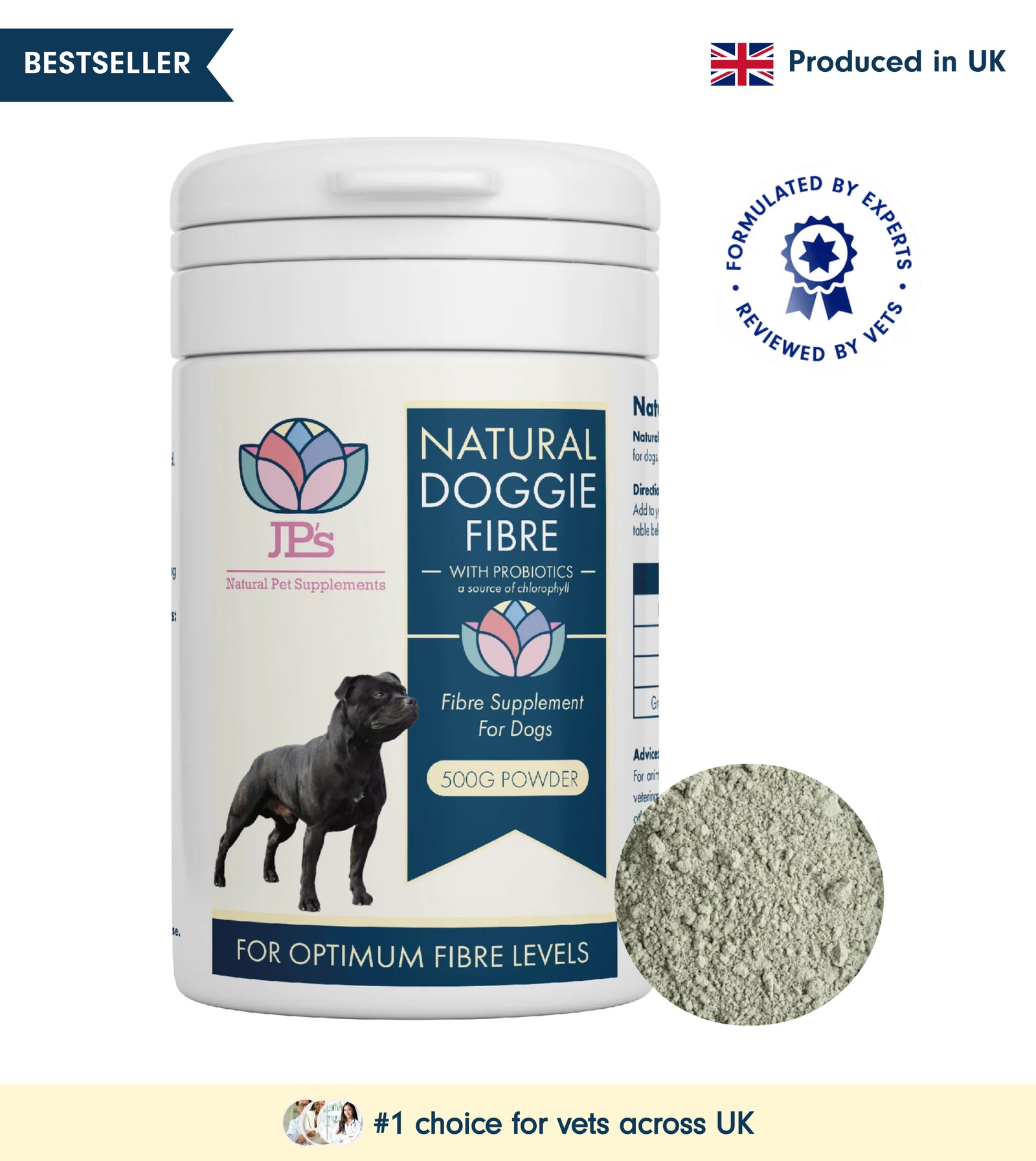
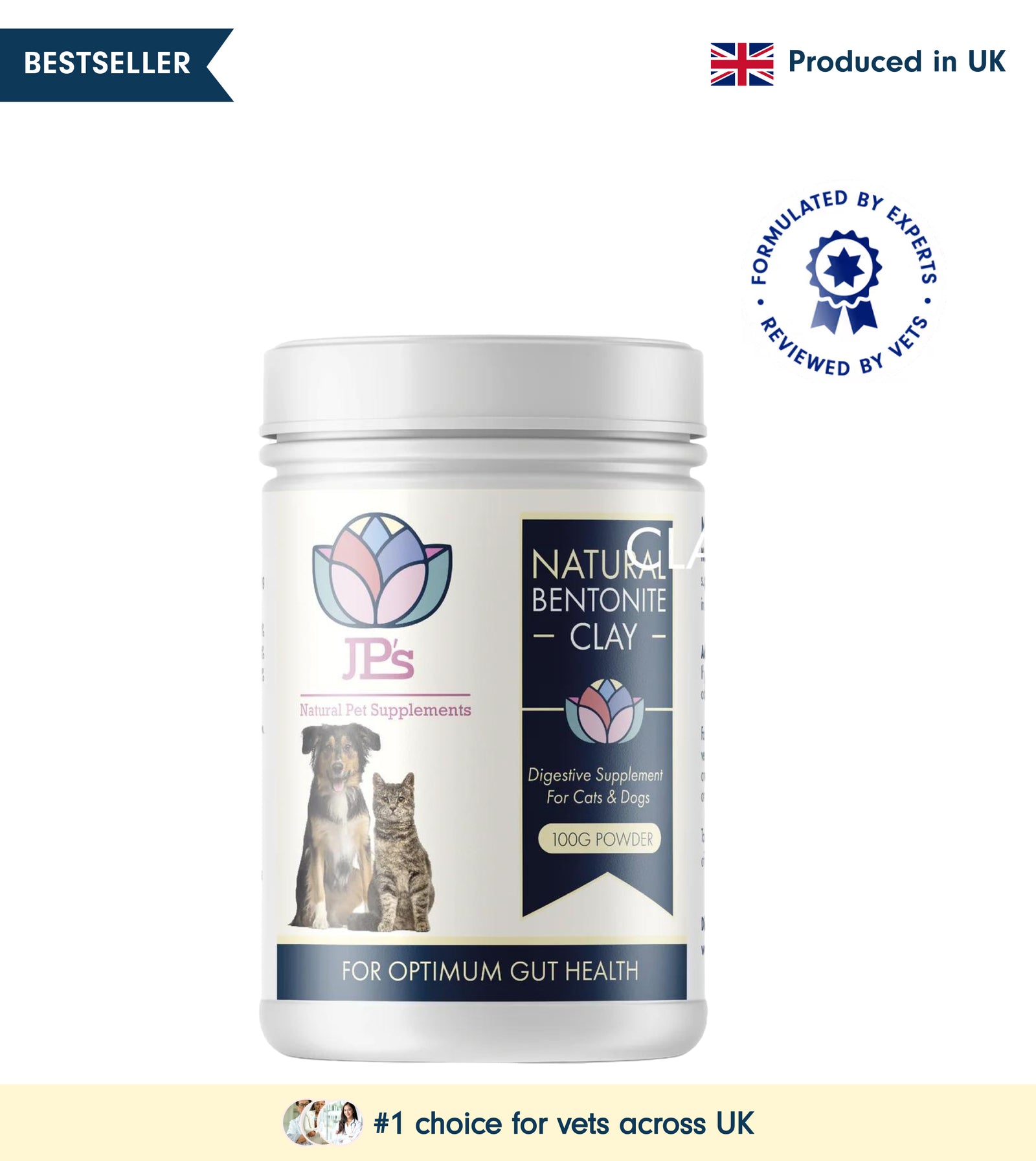
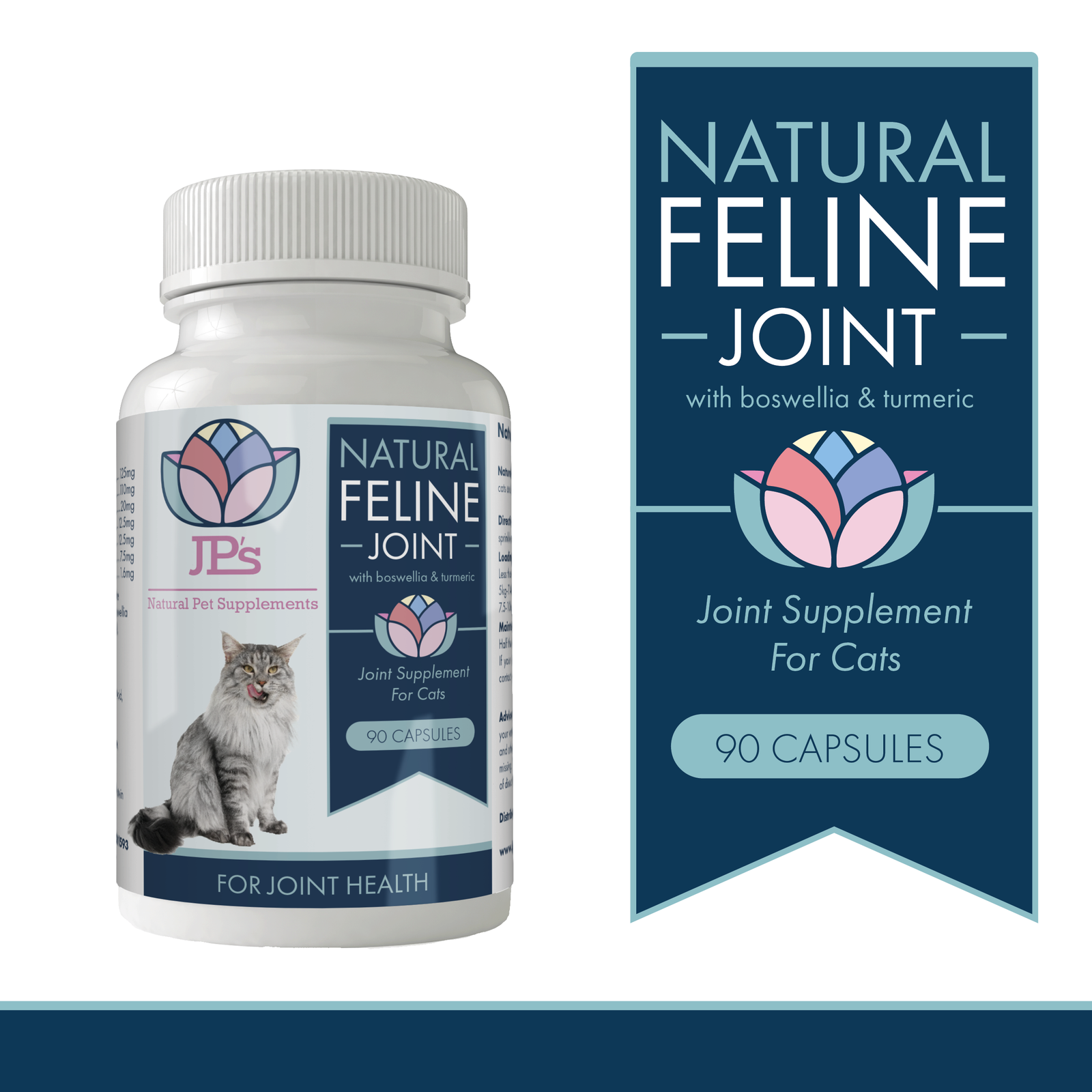
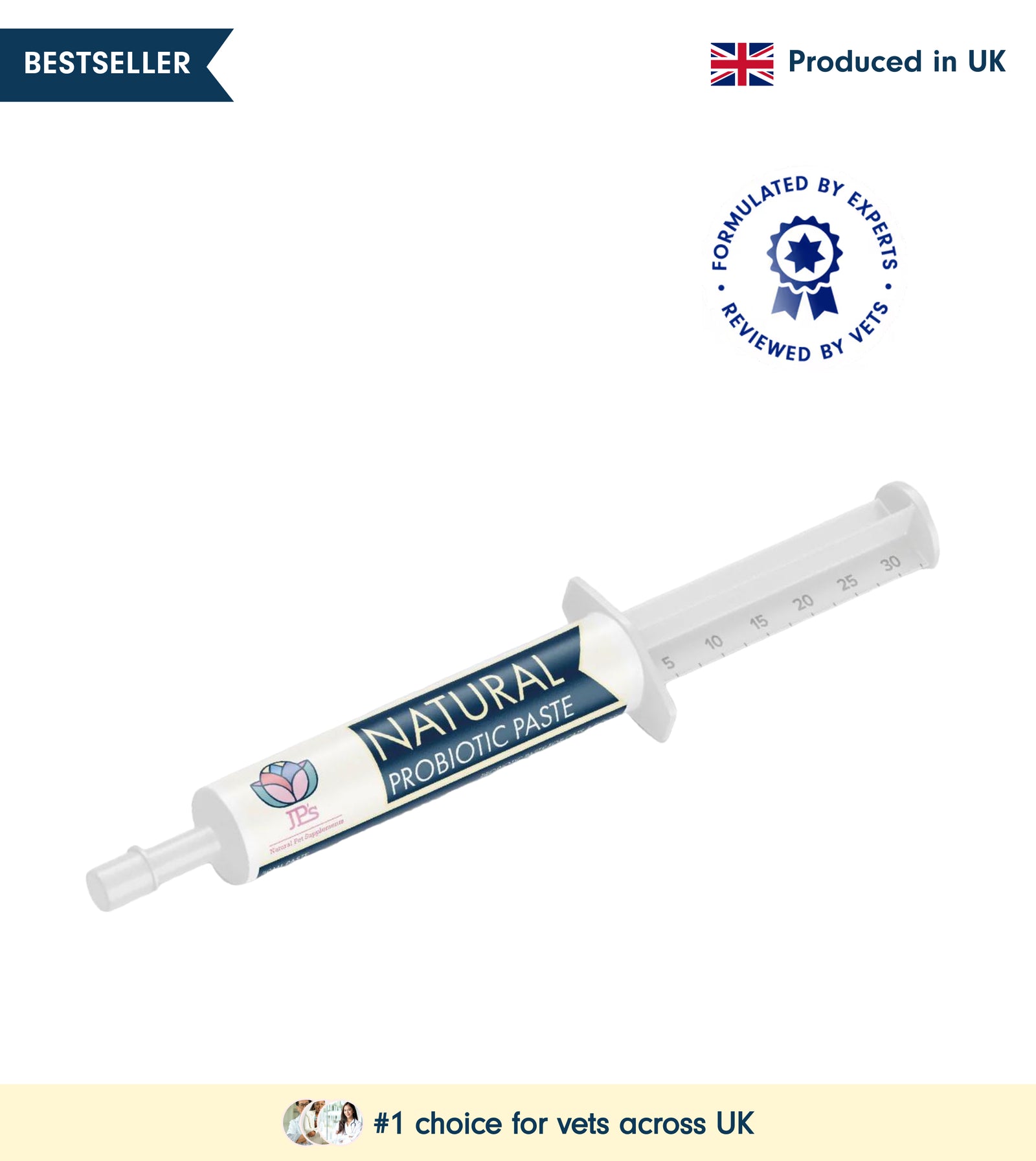
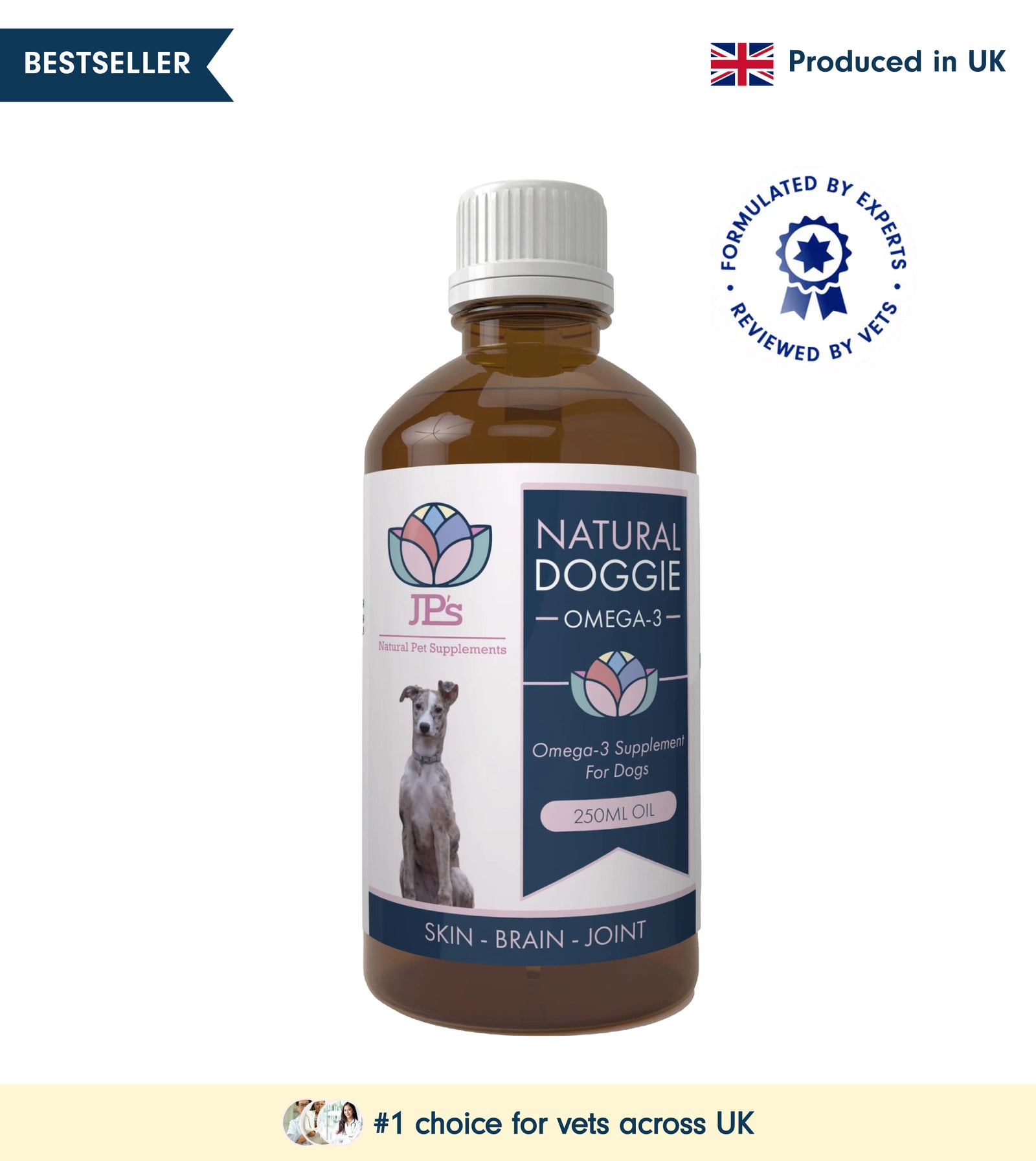
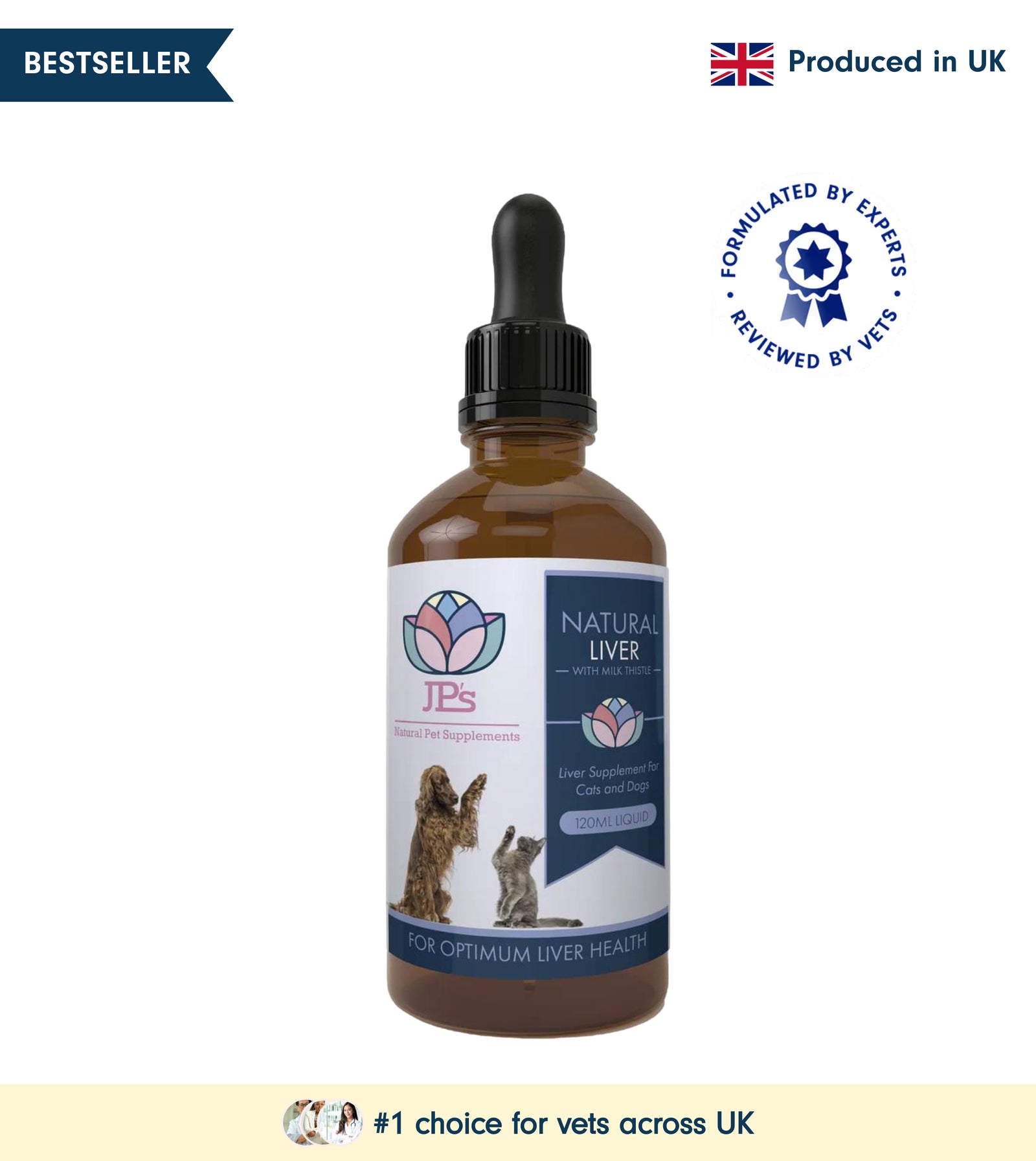
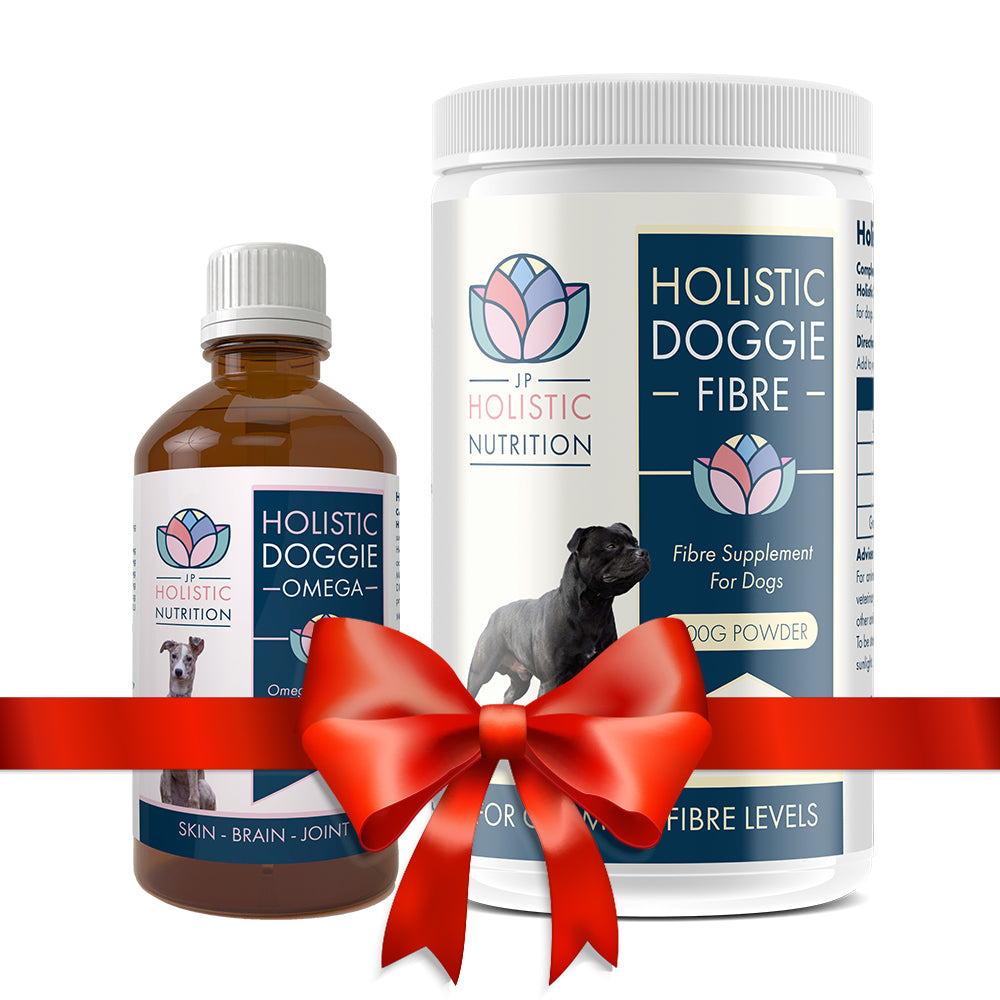
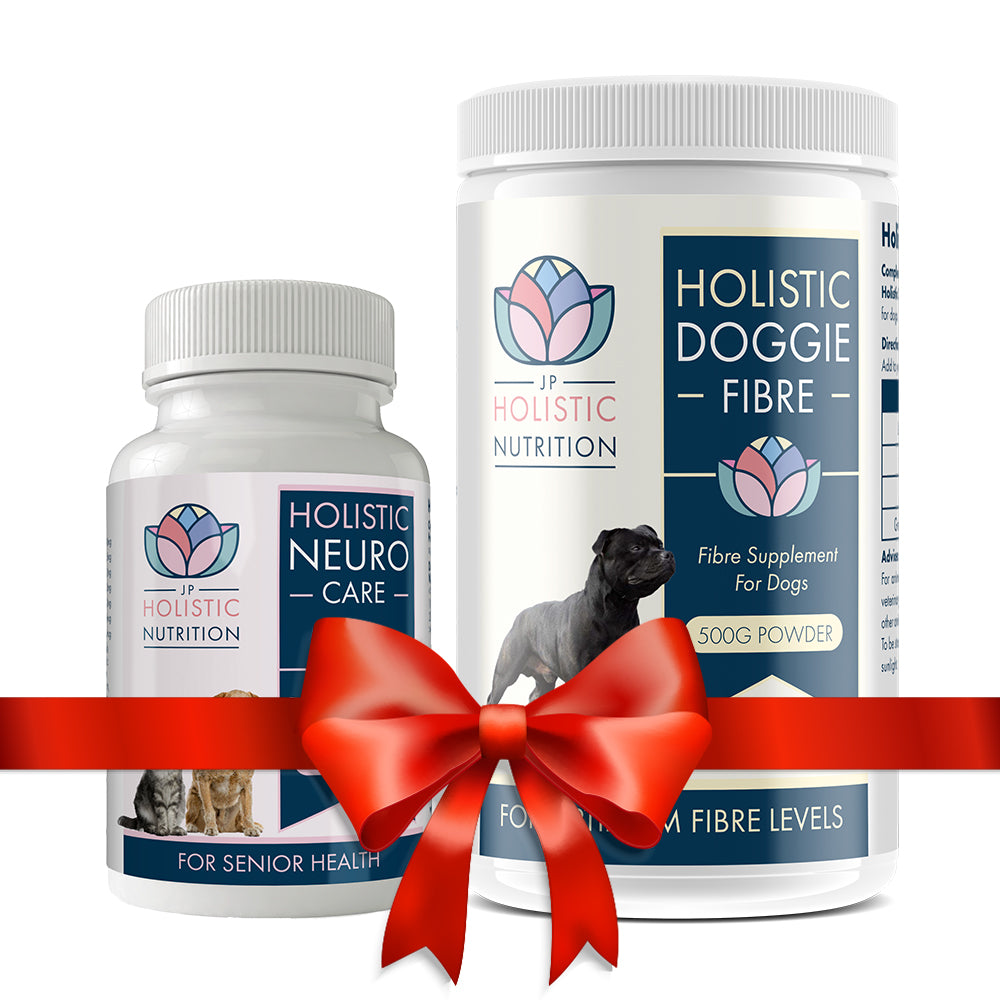
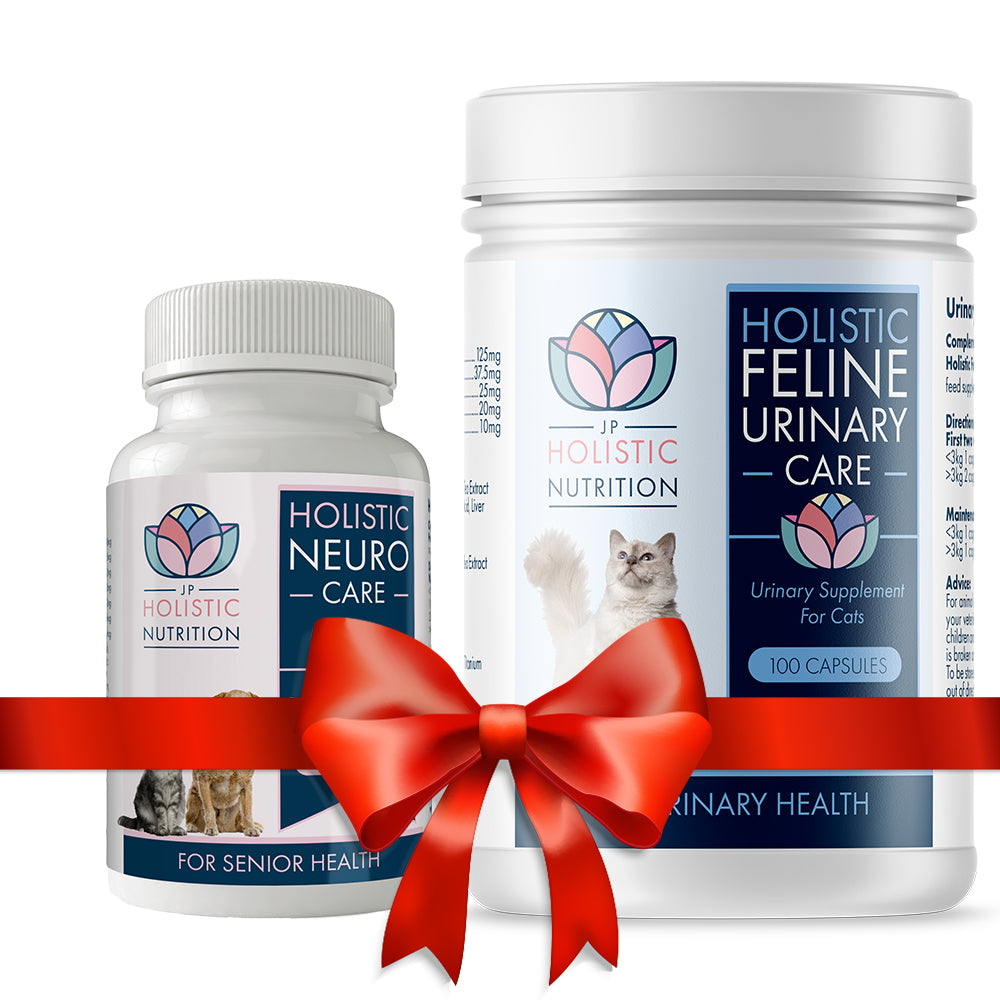
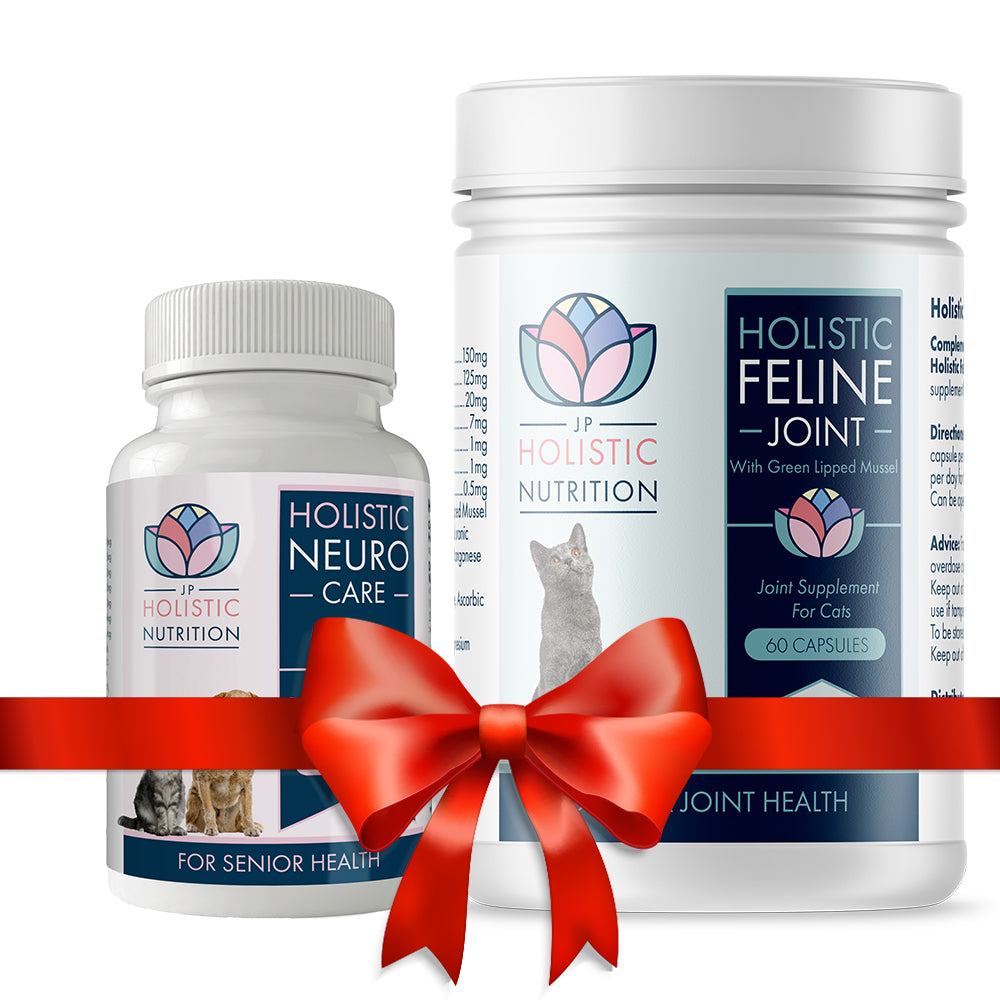







Leave a comment (all fields required)